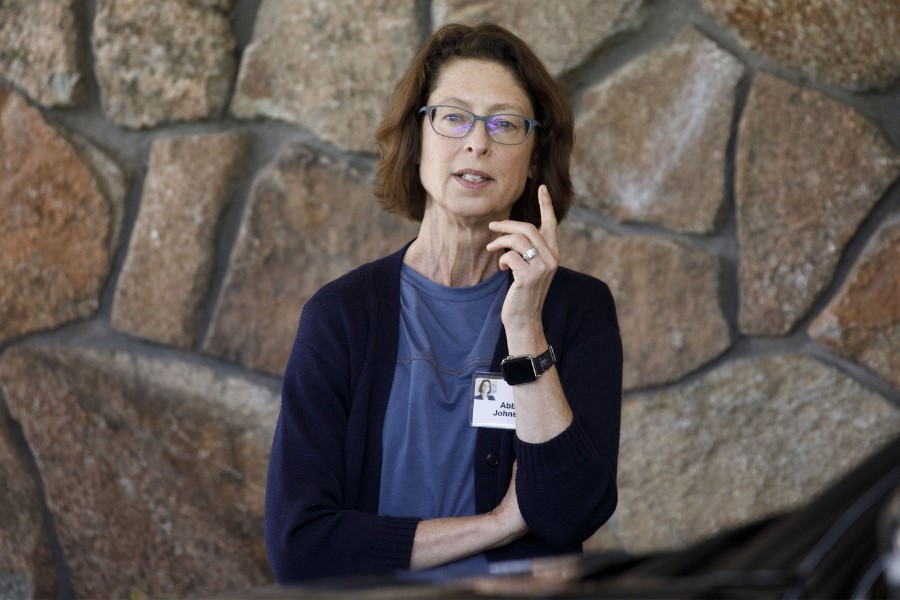

Fidelity Investments has undertaken one of the most extensive executive reshuffles in Abigail Johnson's almost decade-long tenure as chief executive.
The restructuring underscores Johnson's strategy of regularly rotating members of her leadership team into different positions, with the aim of exposing them to various facets of the company and giving them fresh perspective, according to a report in the Wall Street Journal.
Among the notable changes, Maggie Serravalli, the former finance chief, has been named chief administrative officer, overseeing legal, human resources, and other corporate services, while Kevin Barry assumes the role of chief financial officer.
Other appointments include Sharon Brovelli as the head of workplace investing, Bill Freitas and Mona Vernon as heads of technology and human resources, respectively, and Roberto Braceras as general counsel.
These shifts come on the heels of other noteworthy moves at the privately held company, including the splitting of its Personal Investing unit into separate brokerage and wealth management divisions, and the announcement of key figures like Tom Jessop and Vadim Zlotnikov to lead strategic areas within the company.
Serravalli, Barry, Brovelli, Freitas, Jessop, Zlotnikov, and others will report directly to Johnson, who has yet to designate a second-in-command.
The company's financial performance remains robust, with record revenue reported in 2023 as the fund company was buoyed by last year's market rally.
In the annual overview of financial performance that Fidelity provided to employees, it revealed a healthy operating income of $8.5 billion in 2023, a 6 percent increase from the previous year, and a revenue surge of 12 percent, to $28.2 billion. Assets under administration and discretionary assets also saw significant growth, reaching $4.9 trillion and $12.6 trillion. That growth came as the firm built its footprint out to 50 million individual customers and processed an average of 2.6 million trades a day.
Fidelity remains – as it was under Ned Johnson and his father, Edward Johnson II – a family-controlled business. It was a pioneer in managing and selling mutual funds before evolving by offering investment accounts directly to individuals through corporate retirement plans or financial advisors.
This strategic shift – accelerated under Abigail Johnson's leadership since taking over from her father, Edward “Ned” Johnson III, as CEO in 2014 – reflects the company's continued adaptation to the changing landscape of the asset management industry.

Since Vis Raghavan took over the reins last year, several have jumped ship.

Chasing productivity is one thing, but when you're cutting corners, missing details, and making mistakes, it's time to take a step back.

It is not clear how many employees will be affected, but none of the private partnership's 20,000 financial advisors will see their jobs at risk.

The historic summer sitting saw a roughly two-thirds pass rate, with most CFP hopefuls falling in the under-40 age group.

"The greed and deception of this Ponzi scheme has resulted in the same way they have throughout history," said Daniel Brubaker, U.S. Postal Inspection Service inspector in charge.
Stan Gregor, Chairman & CEO of Summit Financial Holdings, explores how RIAs can meet growing demand for family office-style services among mass affluent clients through tax-first planning, technology, and collaboration—positioning firms for long-term success
Chris Vizzi, Co-Founder & Partner of South Coast Investment Advisors, LLC, shares how 2025 estate tax changes—$13.99M per person—offer more than tax savings. Learn how to pass on purpose, values, and vision to unite generations and give wealth lasting meaning
